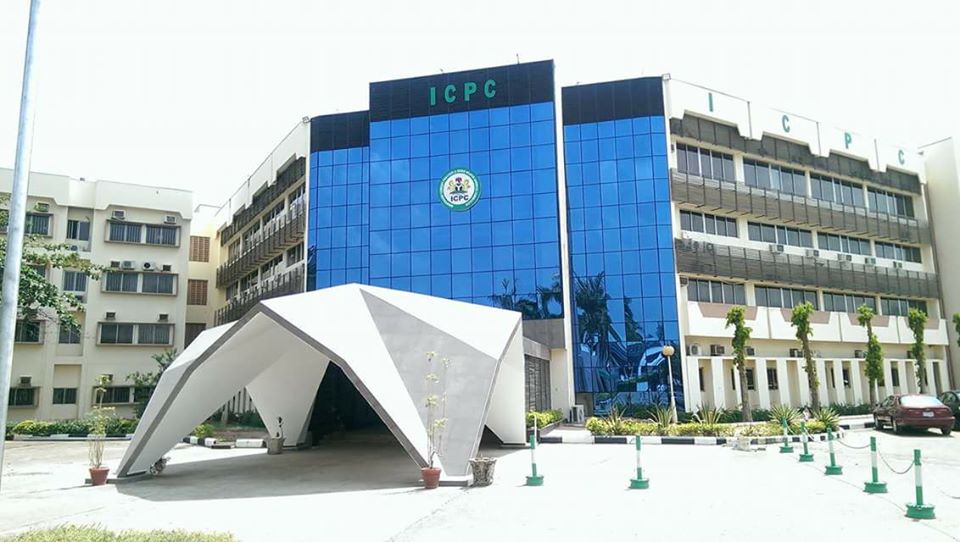The Court of Appeal sitting in Makurdi not only reaffirmed the validity of the Corrupt Practices and Other Related Offences Act, 2000 but upheld the seven years sentence of Mr. Ayuba Bakkat who was convicted for collecting bribes totaling N205,000 from applicants.
The court upheld that the citing of Corrupt Practices and Other Related Offences Act, 2003 in prosecuting cases “is null and void.”
Mr. Bakkat was sentenced to seven years imprisonment in 2012 by a Keffi High Court having collected bribes from Philip Adejoh and Obinna Ugwueze to help secure employments into the Nigeria Security and Civil Defence Corps (NSCDC) for Ugwueze Amarachi and Andrew Elem.
The case against Bakkat was brought to the Court by the Independent Corrupt Practices and Other Related Offences Commission (ICPC) on a 3-count charge of corruption punishable under Section 10(9)(ii) of the Corrupt Practices and Other Related Offences Act, 2000.
The charge sheet read in part, “That you Ayuba Bitrus Bakkat, of Kari-Kari junction, behind Morgan Bge-fwi, New Karu, Nassarawa State; between November and December 2009, in your House at Kari-Kari Junction, received from one Ugwueze Obinna the sum of N70,000 to facilitate the employment of one Ugwueze Amarachi into the Nigeria Security and Civil Defence Corps.
‘That you, Bakkat received from one Philip Adejoh the sum of N55,000 to facilitate his securing employment into the Nigeria Security and Civil Defence Corps using one Jonathan Ebewie (now at large) and his acclaimed connections.
‘That you, Bakkat received from Philip Adejoh the sum of N80,000 to facilitate the employment of Andrew Elem into the Nigeria Security and Civil Defence Corps”.
But his Counsel, Osakwe Morris, had sought the quashing of the judgment by the appellate Court on the ground that the lower court had no jurisdiction and that the Act 2000 upon which the accused was tried was null and void.
In the lead judgment delivered by Justice Oyebisi F Omoleye, the appellant court cited several cases where the ICPC Act 2000 had been used to adjudicate cases claiming that the Corrupt Practices and Other Related Act 2000 remained valid.
“I am not aware of any decisions of either the Supreme Court or this Court declaring the Act 2000 invalid. This is the reason, I am at one with the submissions of the learned counsel for the respondent that, the Act of 2000 is subsisting and therefore the appellant was validly tried, convicted and sentenced under it”.
Justice Omoleye said, “I therefore cannot comprehend in whatsoever way those two issues touch on the meat and substance of the instant appeal. I have no hesitation in discountenancing the said submissions. It is quite obvious that issue no1 does not avail for the appellant, I have resolved it against him.”
Resolving the case in favour of the ICPC, the trial Justice said, “Upon a very careful scrutiny of the printed records, I cannot find any reasons for me to interfere with judgment of the trial Court. The castle of jurisdiction is the only structure built around the appeal by appellant and it having been disabled, the appeal automatically crumbles leaving nothing. Issue No.2 is therefore resolved against the appellant. In the circumstances, I would certainly dismiss the appeal.”


